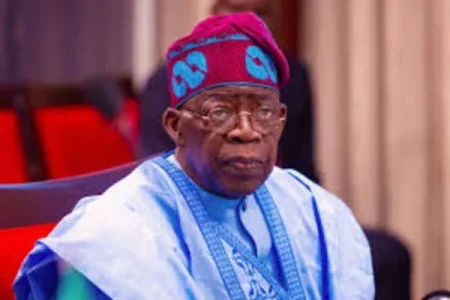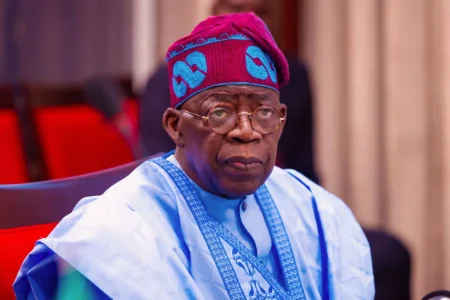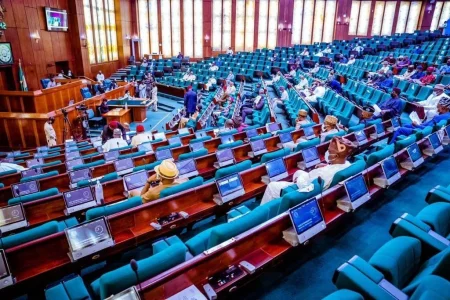
Nigeria responds to Malaysia's plan to phase out CNG vehicles, emphasizing that the safety concerns in Malaysia relate to LPG rather than CNG. Nigerian officials highlight advancements in CNG tank production, differentiating the country's approach. Nigeria sees CNG as an affordable, safer alternative to petrol amid rising fuel costs.
The Malaysian government's recent decision to phase out natural gas vehicles (NGVs) by July 2025 has ignited discussions in Nigeria, where CNG is increasingly promoted as a cleaner and cost-effective alternative to petrol. Malaysia's Transport Minister, Loke Siew Fook, cited safety as a primary concern, explaining that NGV tanks, particularly those in older vehicles, are nearing the end of their safe usage lifespan, thus prompting the move. He noted that NGVs comprise only 0.2% of Malaysia’s vehicles, making a transition back to petrol more feasible for them.
In response, Nigerian officials have clarified the differences in context and safety concerns between Malaysia’s plan and Nigeria’s approach. Presidential spokesperson Bayo Onanuga emphasized that Malaysia’s phase-out centers around Liquefied Petroleum Gas (LPG) rather than Compressed Natural Gas (CNG), which Nigeria exclusively uses in its transition strategy. Onanuga pointed out that Nigeria’s decision to adopt CNG only is due to its safety benefits compared to LPG. He also highlighted Nigeria's proactive investment in CNG tank manufacturing, positioning the country to handle future demand without facing the constraints Malaysia encountered.
Nigeria’s advocates for CNG believe the country is well-prepared to avoid Malaysia’s issues, viewing the local production of tanks as a significant step in building a sustainable energy transition. Despite Malaysia's struggles with its conversion program, Nigeria remains committed to CNG, considering it vital to reducing fuel costs and advancing environmental goals amid rising global concerns about fossil fuel dependency.




